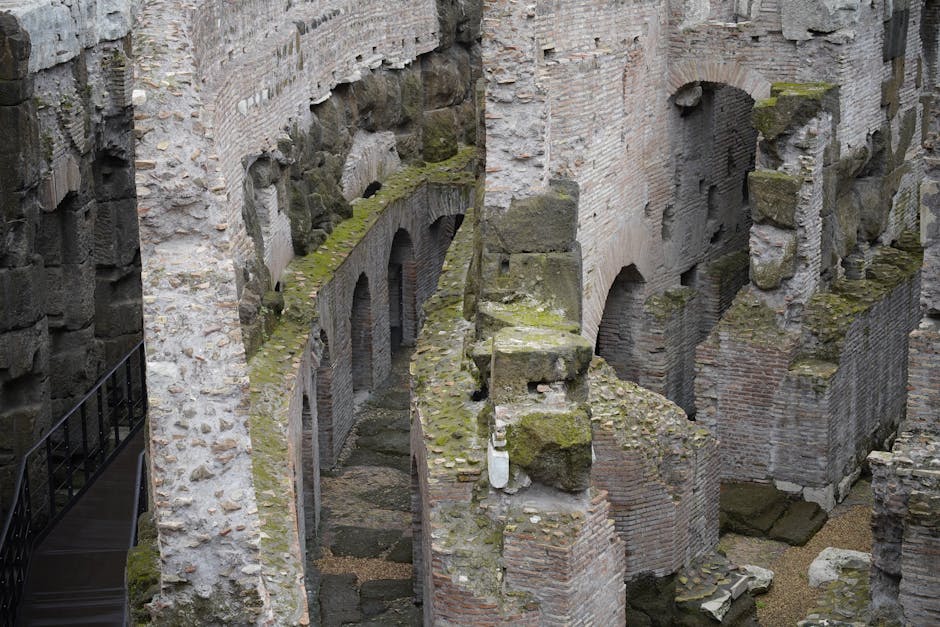The pursuit of understanding the past is a multifaceted endeavor, relying on various sources and methodologies. Amongst these, archaeological findings play a pivotal role, often revealing details and perspectives absent from written records or oral traditions. These discoveries have continually reshaped our comprehension of past events, forcing us to reassess existing theories and narratives, and sometimes, even to rewrite history entirely. This exploration delves into the profound impact archaeology has had on our understanding of human societies throughout history.
Initially, the focus of archaeological research was largely on tangible objects pottery shards, tools, and skeletal remains. These materials, seemingly mundane, hold immense potential when meticulously analyzed. For instance, the excavation of Bronze Age settlements provided critical insights into the societal structures, economic activities, and technological advancements of those periods. The meticulous analysis of pottery styles, coupled with radiocarbon dating, allowed archaeologists to trace the movement of populations and the exchange of goods across vast distances. This data, in turn, supplemented our understanding of ancient trade routes and interactions between different cultures.
Beyond simple material culture, archaeological evidence has been instrumental in challenging and refining our interpretations of ancient societies’ daily lives. The discovery of Pompeii and Herculaneum, buried under volcanic ash, offer a remarkably preserved snapshot of Roman life, revealing details about daily routines, social hierarchies, and even the aesthetics of the time. These excavations extended far beyond simply listing objects; the detailed layout of houses, the remains of meals, and the configuration of rooms provided an intimate glimpse into the domestic sphere. Similar excavations in other regions, such as the Indus Valley Civilization or the Maya cities, similarly illuminate the complexities of these ancient societies.
Not only have archaeological discoveries enriched our knowledge of ancient civilizations, but they have also profoundly impacted our understanding of more recent historical periods. For example, the study of medieval European castles and fortifications furnished valuable information concerning military strategies, social hierarchies, and the evolving nature of warfare. These structures, though physically altered over centuries, provide tangible evidence of the engineering prowess, tactical considerations, and power dynamics of past rulers. Similarly, the excavation of colonial settlements and Indigenous sites provides crucial insights into the interactions between different cultures, including the impact of colonization and resistance movements.
Archaeological findings are crucial in offering insights that written histories often lack, particularly in understanding the lives of marginalized groups. The study of burial sites, for example, frequently reveals important details about the social standing and rituals associated with particular individuals or groups. In certain cases, these findings may challenge existing historical narratives that prioritized the powerful and wealthy, offering a more comprehensive and nuanced understanding of the past by providing a voice to those who were historically silenced.
Crucially, archaeology also provides a means of dating events and verifying historical accounts. By employing scientific methods like radiocarbon dating, archaeologists can accurately assess the age of artifacts and sites, allowing them to establish a chronological framework for the past. This crucial chronological framework allows a closer assessment of the historical narratives and helps to disentangle the complexities of historical processes, helping historians and archaeologists to understand the impact of environmental changes or population movements.
An important consideration in the process is the ethical treatment and interpretation of archaeological finds. Preservation and proper analysis of these discoveries are not only important from a scientific perspective but also crucial for the respectful acknowledgment of past cultures. Unethical excavation or lack of contextual information can lead to a misrepresentation of past societies and undermine any attempt to achieve an accurate historical picture. Modern archaeological practices adhere to ethical guidelines, ensuring that excavations are conducted responsibly and findings are presented in a way that avoids misinterpretations and promotes intercultural understanding.
Moreover, the ongoing research and interpretations of archaeological findings provide a platform for interdisciplinary collaboration. By combining archaeological data with findings from other disciplines like anthropology, linguistics, and genetics, researchers gain a broader and deeper understanding of past events. For instance, the study of ancient DNA extracted from skeletal remains allows for insights into the genetic makeup of past populations and their migration patterns. This cross-disciplinary approach enhances our understanding of human history in a meaningful and nuanced manner.
In conclusion, archaeological findings have substantially reshaped our understanding of past events. From providing detailed accounts of daily life to challenging conventional historical narratives and offering valuable insights into the lives of marginalized groups, archaeology plays a vital role in our quest to understand humanity’s past. With meticulous excavation, careful analysis, and interdisciplinary collaboration, the riches of the past continue to unveil themselves, continually shaping and refining our understanding of history, enriching our appreciation of human experiences across time. The insights gleaned from these tangible remnants of bygone eras demonstrate that the past is not a static entity but rather an evolving landscape, constantly being reinterpreted and re-evaluated in light of new discoveries.
